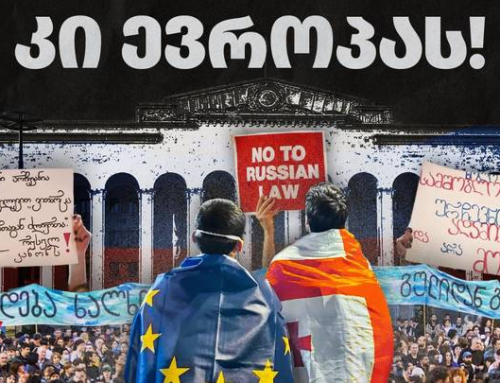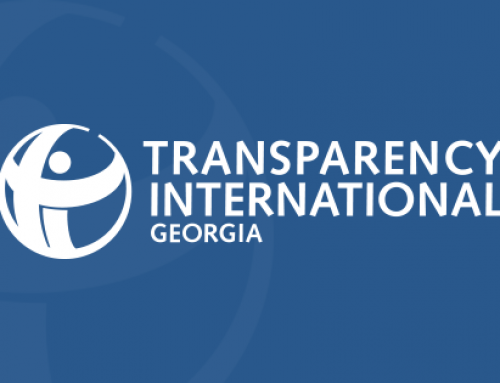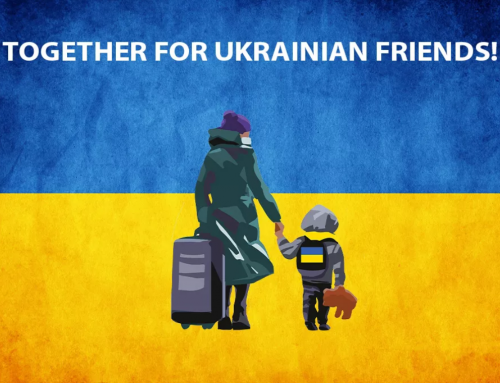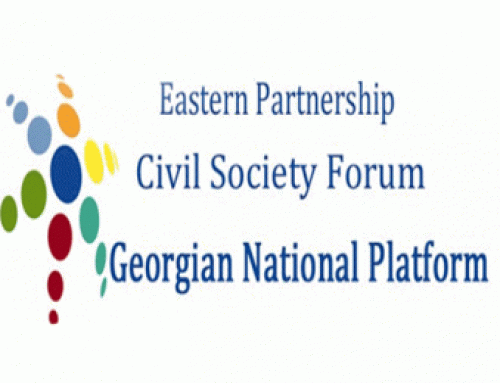
A new 750 000 euro project funded by the European Union will target children living on the streets. (DF Watch photo.)
TBILISI, DFWatch–According to the Ministry of Labour, Health and Social Affairs, the number of children living in large orphanages has decreased by over 5 000. There are only five large child care institutions left, compared to 41 during 9 years ago. But the street children problem is still acute.
According to research done by the ministry in 2008, approximately 1 500 juveniles live and work in the streets of Georgia’s relatively big cities. There are no exact numbers and detailed information about street children nowadays, because most of them do not have ID cards or birth certificates.
Philip Dimitrov, EU Ambassador to Georgia, thinks that more should be done to help the street children.
“EU is focused on the rights of highly vulnerable children. EU funds over 10 projects working on that issue in Georgia with one million euros,” said Dimitrov.
EU is giving 750 000 euros to one new such project. It is led by the Ministry of Labour, Health and Social Affairs, and is being implemented in partnership with UNICEF.
This project will establish services and mechanisms to identify children living and working on the streets and offer them immediate support. Renovation and equipping of four daycare centers and three 24 hour transition centers is planned.
“Children living on the streets are deprived of the possibility to get education or use medical services. They may become victims of violence. That’s why it’s necessary to implement projects that will protect their rights,” said Sasha Grauman, representative of UNICEF in Georgia.
Zhana is 14 years old and she has been on the streets since she was seven. Her mother and stepfather forced her to beg in the streets. She says her mother used to beat her and did not protect her when her stepfather sexually abused her at the age of 10.
Since 2012, Zhana has been living at Gldani Crisis Center. She doesn’t want to leave, and says she doesn’t have a family.
The initiative, that aims to return children to their biological families, provides some other services for the children, like Zhana, who does not want or can’t live in their own homes, move them to alternative care services, like small group homes, foster care, or adopt them.
The new project will last two years and at first it will be implemented in Tbilisi and in Batumi or Kutaisi on the second year.





Leave A Comment
You must be logged in to post a comment.